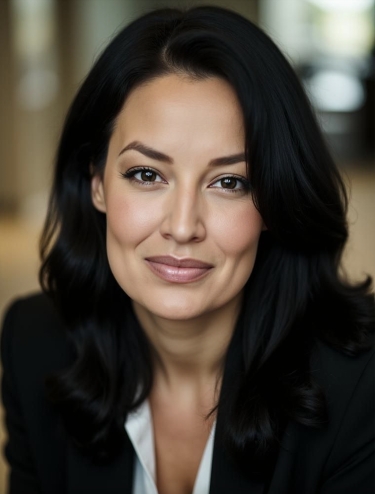Quintana joins SenSen at a pivotal moment, as the global demand for smart city solutions and AI-driven innovation continues to rise. Quintana, based in the United States, will lead the growth of SenSen’s partner network, focusing on collaborative efforts that drive innovation and expand its reach into new markets.
“SenSen’s dedication to ‘AI for Good’ is incredibly inspiring,” Quintana said. “AI should ultimately enhance human experiences, not replace them, and SenSen’s focus on practical, human-centered applications of AI aligns perfectly with my own values.
“I’m particularly excited to work with partners who share our vision for smart, sustainable applications of AI that truly benefit communities and makes a tangible difference in people’s everyday lives.”
SenSen CEO, Subhash Challa, welcomed Quintana to the company: “As a key strategic step in the ongoing growth of SenSen. “We are well-poised for growth moving forward,” he said. “The North American market represents a critical opportunity for SenSen to impact urban management and public safety through AI. With Leah’s deep expertise and strategic insight, we’re poised to build strong alliances that will accelerate the adoption of our solutions and enable real progress in the cities we serve.”
SenSen was founded by Dr. Subhash Challa, one of the pioneers of AI object tracking.
SenSen notes that its tech works by fusing together data streams from any source (e.g. CCTV, parking meters, EV chargers) and delivering it to an AI platform to paint a picture of how curbs are being used in cities and how they could be better used - and benefits range from reducing road accidents, easing traffic congestion, and automating tasks, protecting privacy by applying 99%+-accurate rate in face-blurring technoligy to any data it collects and analyses:
SenSen operates an Australian-engineered first-of-its-kind AI live awareness platform that gives digital eyes to cities and urban developers to better manage their curb space.
The company has signed major deals with Toronto and Chicago to break through to the North American market.
In Toronto, the platform manages 300 miles (489km) of curb space, 22,000 parking spaces, 3,000 pay machines, 500 fire hydrants, and 80 EV charging stations. It detected a number of Detected a significant number of previously unknown assets and discrepancies in the city’s signage and was able to use a handheld recording app with integrated geospatial data for precise asset tracking.
In Chicago, SenSen oversees 25,000 parking spaces, 4,000 parking meters, and 15,000 signs and closure objects. It successfully identified temporarily closed areas and optimised parking operations in one of the US’ busiest cities.
Outside of the US, the company also works with Australia’s National Heavy Vehicle Regulator, local councils, and the Singaporean Government.
SenSen has a vision to ‘code the curb’ and says it’s necessary to build tomorrow’s ambitious smart cities.
Learn more at sensen.ai








































